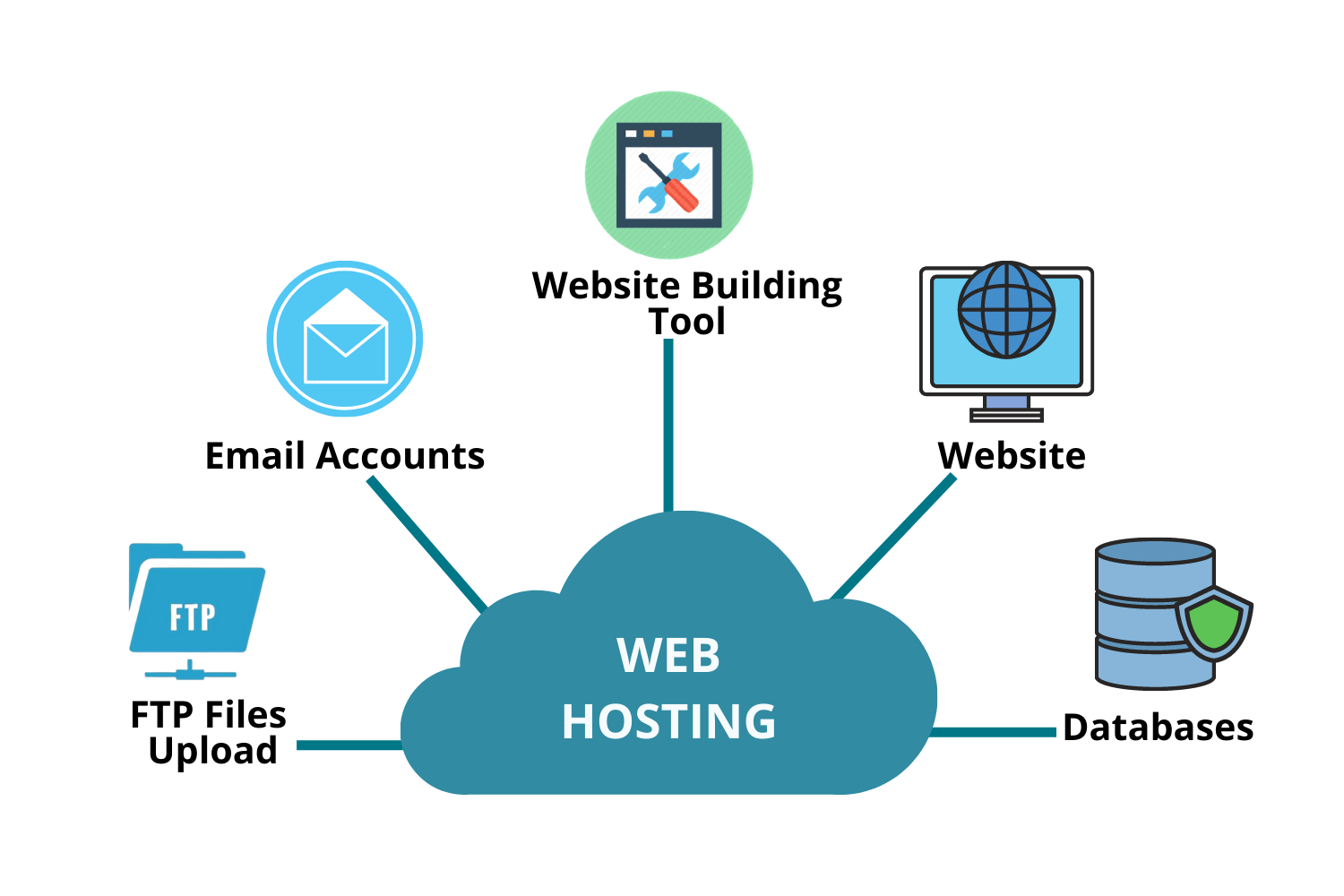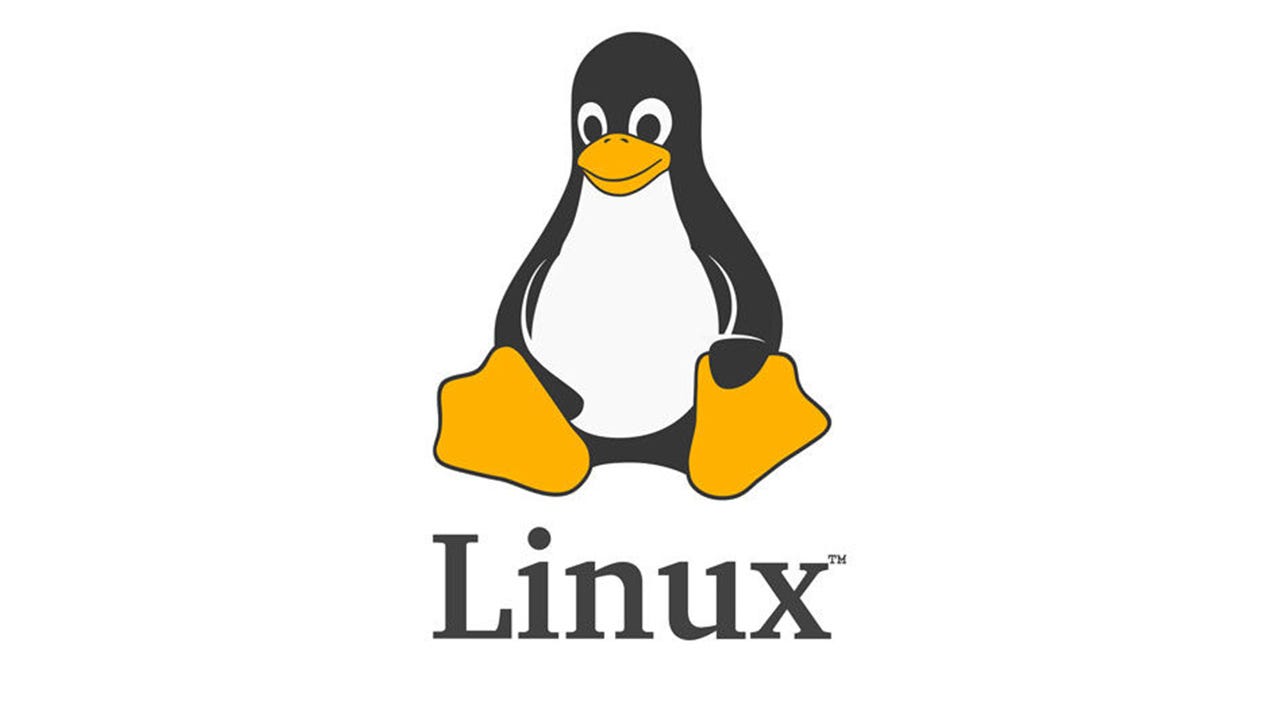Web hosting can seem like a complex world, filled with jargon and technical details. But at its core, it's simply renting space on a server to store your website's files and make them accessible to the world. This comprehensive guide breaks down everything you need to know about web hosting, from the different types available to essential security considerations. Whether you're a complete beginner or a seasoned developer, you'll find valuable information here to help you choose the right hosting solution for your needs and ensure your website's success. Get ready to dive in!
Introduction to Web Hosting: Your Comprehensive Guide
What Exactly is Web Hosting?
In the simplest terms, web hosting is the service of providing storage space and access for websites on a server. Think of it like renting an apartment for your website. The web host provides the physical server (the building), the network connection (the utilities), and the software (the basic amenities) needed to keep your website up and running 24/7. When someone types your website's address into their browser, their computer connects to the web server where your website is hosted, and the server sends the website's files to their browser.
Without web hosting, your website would simply be a collection of files sitting on your computer, inaccessible to anyone else. It's the critical link that connects your website to the internet and allows people from all over the world to view it.
Types of Web Hosting
Choosing the right type of web hosting is crucial for your website's performance, security, and scalability. Here's a breakdown of the most common types:
Shared Hosting
Shared hosting is the most affordable and beginner-friendly option. With shared hosting, your website shares a server with many other websites. This means you're sharing resources like CPU, RAM, and bandwidth.
Pros:
- Cost-effective, ideal for small websites and blogs.
- Easy to set up and manage, often with a user-friendly control panel like cPanel.
- Typically includes pre-installed scripts and applications like WordPress.
Cons:
- Limited resources, which can lead to slower loading times if other websites on the server are using a lot of resources.
- Less control over server configuration.
- Security vulnerabilities if other websites on the server are compromised.
VPS Hosting (Virtual Private Server)
VPS hosting offers a balance between shared hosting and dedicated hosting. A single physical server is divided into multiple virtual servers, each with its own dedicated resources. This provides more control and resources compared to shared hosting.
Pros:
- More resources and better performance compared to shared hosting.
- Greater control over server configuration and operating system.
- Increased security and isolation from other websites.
Cons:
- More expensive than shared hosting.
- Requires more technical knowledge to manage.
Dedicated Hosting
With dedicated hosting, you rent an entire physical server exclusively for your website. This provides the highest level of performance, security, and control.
Pros:
- Maximum resources and performance.
- Complete control over server configuration and operating system.
- Enhanced security.
Cons:
- Most expensive hosting option.
- Requires significant technical expertise to manage.
Cloud Hosting
Cloud hosting utilizes a network of virtual servers to host your website. This provides scalability and reliability, as your website can tap into the resources of multiple servers.
Pros:
- Highly scalable and reliable.
- Pay-as-you-go pricing, so you only pay for the resources you use.
- Automatic backups and disaster recovery.
Cons:
- Can be more complex to manage than other types of hosting.
- Pricing can be unpredictable.
WordPress Hosting
WordPress hosting is a specialized type of hosting optimized for WordPress websites. It often includes features like pre-installed WordPress, automatic updates, and WordPress-specific security measures. This is also discussed on ConnectQuest.
Pros:
- Optimized for WordPress performance.
- Easy WordPress installation and management.
- WordPress-specific security features.
Cons:
- Only suitable for WordPress websites.
- Can be more expensive than general shared hosting.
Understanding Linux in Web Hosting
Linux is an open-source operating system that's widely used in web hosting. In fact, it's the most popular operating system for web servers due to its stability, security, and flexibility. When you choose a hosting plan, you'll often see options for "Linux Hosting" or "Windows Hosting." Linux hosting simply means that the server is running the Linux operating system.
Why is Linux so popular for web hosting?
- Cost-effective: Linux is open-source, which means it's free to use and distribute. This helps to keep hosting costs down.
- Stable and reliable: Linux is known for its stability and uptime, making it a great choice for hosting mission-critical websites.
- Secure: Linux has a strong security track record, thanks to its open-source nature and active community of developers who are constantly working to identify and fix vulnerabilities.
- Flexible: Linux is highly customizable, allowing web hosts to tailor the server environment to the specific needs of their customers.
- Supports popular technologies: Linux supports a wide range of web development technologies, including PHP, MySQL, Python, and Perl.
Unless you specifically need to run Windows-specific applications (like ASP.NET), Linux hosting is generally the preferred choice for most websites. [[related-post-2]]
Essential Security Considerations for Web Hosting
Security is paramount when it comes to web hosting. A compromised website can lead to data breaches, financial losses, and reputational damage. Here are some essential security considerations:
Choose a Secure Hosting Provider
The first step is to choose a reputable hosting provider that takes security seriously. Look for providers that offer features like:
- Firewalls: To protect against unauthorized access.
- Intrusion detection and prevention systems: To detect and block malicious activity.
- Regular security audits: To identify and address vulnerabilities.
- DDoS protection: To mitigate distributed denial-of-service attacks.
- Malware scanning: To detect and remove malicious software.
Keep Your Software Up-to-Date
Outdated software is a major security risk. Make sure to keep your operating system, web server software, and any content management systems (CMS) like WordPress up-to-date with the latest security patches. Automatic updates are highly recommended.
Use Strong Passwords
Use strong, unique passwords for all your hosting accounts, including your control panel, FTP accounts, and database accounts. A strong password should be at least 12 characters long and include a mix of uppercase and lowercase letters, numbers, and symbols. Consider using a password manager to generate and store your passwords securely.
Implement Two-Factor Authentication (2FA)
Two-factor authentication adds an extra layer of security by requiring a second verification code in addition to your password. This makes it much harder for hackers to gain access to your accounts, even if they have your password. Enable 2FA wherever possible, especially for your control panel and SSH access.
Secure Your Website with HTTPS
HTTPS encrypts the communication between your website and your visitors' browsers, protecting sensitive data like passwords and credit card numbers from being intercepted. You need an SSL certificate to enable HTTPS. Most hosting providers offer free SSL certificates through Let's Encrypt.
Regular Backups
Regular backups are essential for disaster recovery. If your website is hacked or your server crashes, you can restore your website from a backup. Make sure your hosting provider offers automatic backups, or set up your own backup system. Store backups in a separate location from your web server.
Limit Access Permissions
Only grant access to your web hosting account to people who need it. And when you do grant access, only give them the minimum level of permissions they need to do their job. Revoke access permissions when they are no longer needed.
Monitor Your Website for Suspicious Activity
Keep an eye on your website's logs for any suspicious activity, such as unusual login attempts, file modifications, or traffic spikes. You can use tools like Google Analytics or server log analyzers to monitor your website's activity. If you detect anything suspicious, investigate it immediately.
Use a Web Application Firewall (WAF)
A Web Application Firewall (WAF) is a security device that protects your website from common web attacks, such as SQL injection, cross-site scripting (XSS), and remote file inclusion (RFI). A WAF can be implemented as a hardware appliance, a software application, or a cloud-based service.
Stay Informed About Security Threats
The security landscape is constantly evolving. Stay informed about the latest security threats and vulnerabilities so you can take steps to protect your website. Subscribe to security newsletters, follow security blogs, and attend security conferences. [[related-post-3]]
Choosing the Right Web Hosting Plan
Selecting the right web hosting plan depends on several factors, including:
- Your website's traffic: If you expect a lot of traffic, you'll need a hosting plan with more resources (CPU, RAM, bandwidth).
- Your website's content: If your website has a lot of images, videos, or other large files, you'll need a hosting plan with more storage space.
- Your technical expertise: If you're not comfortable managing a server yourself, you'll want a hosting plan that's easy to use and manage.
- Your budget: Web hosting plans range in price from a few dollars per month to hundreds of dollars per month.
- Your security requirements: If you need a high level of security, you'll want a hosting plan with advanced security features.
Start with a basic plan and upgrade as your needs grow. It's generally better to start with too little and upgrade than to start with too much and waste money. Consider also future scaling of your website.
Key Takeaways
Web hosting is a fundamental aspect of making your website accessible online. Understanding the different types of hosting, the role of Linux, and essential security considerations is crucial for choosing the right solution and ensuring your website's success. By taking the time to research and select a reliable hosting provider and implementing best security practices, you can create a safe and performant online presence. [[related-post-1]]


